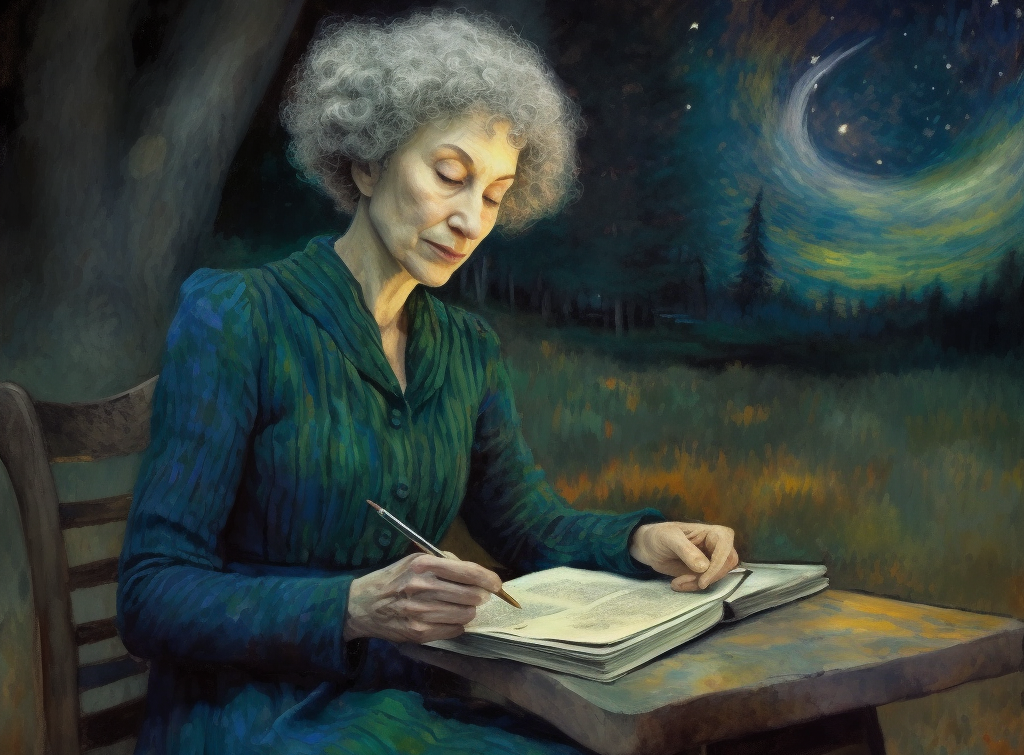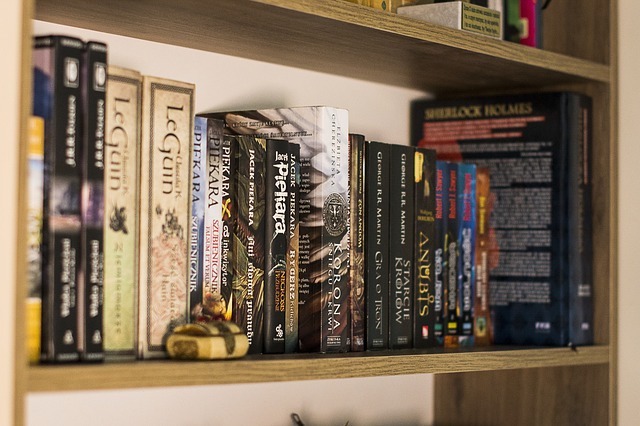Focus on Genre: Demystifying Literary Fiction
Literary fiction is a unique book category that focuses on artistic merit, character development, and social/philosophical issues, in contrast to genre fiction which follows conventional plot structures and genres.

What does the book trade mean when it determines that a book is "Literary Fiction"? The term can be unclear, especially when contrasted with genre fiction. So let's delve into the essence of literary fiction and consider how it differs from other novel categories.
Understanding Literary Fiction:
Unlike its counterpart, genre fiction, literary fiction resists easy classification. It represents a unique category of novels that places great emphasis on artistic merit, profound character and thematic exploration, and a daring departure from conventional writing styles. Literary fiction endeavors to capture the multifaceted nature of the human experience, delving into complex emotions, social issues, and philosophical inquiries. Instead of focusing solely on the "what," it delves into the "how" and "why."
Divergence from Genre Fiction:
Genre fiction encompasses a wide range of popular genres such as fantasy, science fiction, mystery, romance, and more. In contrast, literary fiction defies the boundaries of these genres. While genre fiction adheres to established conventions and predictable plot structures, literary fiction embraces experimentation and an open-ended approach. It thrives on ambiguity, challenging readers to interpret and engage with the text on multiple levels. Its primary goal is not just to entertain but to evoke thought-provoking emotions and intellectual stimulation.
The Essence of Literary Fiction:
At the heart of literary fiction lies its characters. These protagonists, with their intricate inner lives, struggles, and personal growth, drive the narrative forward. Literary fiction provides readers with profound insights into the human psyche, exploring complex relationships, everyday nuances, and societal issues. Through its focus on the human condition, literary fiction invites readers to develop a deeper understanding of themselves and others, fostering empathy and introspection.
The Art of Writing:
In literary fiction, the writing itself assumes an art form. Authors employ a rich tapestry of language, employing vivid imagery, metaphorical expressions, and skillfully crafted sentences. This lyrical quality transports readers to the realm of imagination, where the prose becomes an experience in its own right. The introspective and reflective nature of the writing encourages readers to ponder the profound meanings concealed within the text.
Brass Tacks:
When considering whether to classify a novel as literary, however, issues can become murky, especially when a literary author dips their toes into the waters of a specific genre, or when an author writes a particularly literary novel within or stretching the boundaries of a particular genre. When it comes to these situations, whether the novel is classified as literary, or not, comes down to marketing. If fans of the author are most likely to seek out her books in the literary fiction shelves, that's where even her genre fiction will be shelved, just as the science fiction author whose prose and themes are literary in nature will tend to be shelved with sci fi and fantasy rather than literary fiction. Booksellers and publishers are in the business of selling books, and the classification of any title is going to bend to the will of the market rather than the critic.
Appreciating the Diversity of Novels:
While literary fiction occupies a distinctive place in the literary landscape, it is essential to recognize that it does not eclipse the merits of genre fiction or other novel categories. Each has its own unique value and appeal, offering different kinds of enjoyment and intellectual stimulation. And while some critics believe literary or serious fiction to be superior to genre titles, bestseller lists reveal that genre fiction outperforms literary fiction with the book-buying public.
Literary fiction stands as a treasure trove for those seeking intellectual stimulation and a deep immersion into the complexities of the human experience. By defying rigid definitions and embracing the intricacies of life, it offers readers a profound exploration of universal themes. As you peruse the bookstore shelves or your e-reader library, be open to embarking on a literary journey. You may stumble upon a novel that leaves an indelible mark on your soul, igniting your imagination and broadening your perspective.
Read These Next
What do book publicists do?
The role of the publicist isn’t an easy one. Find out what publicists do, and why you might need one.
Trade or Mass-Market
For those new to the publishing industry, it is easy to get lost in the terminology used by the trade. Here's a brief rundown of some of those terms.
Hiring a Publicist: Fees and Accountability
Hiring a publicist? Learn about how publicists charge and what to expect before diving in to ensure you get your money’s worth!






